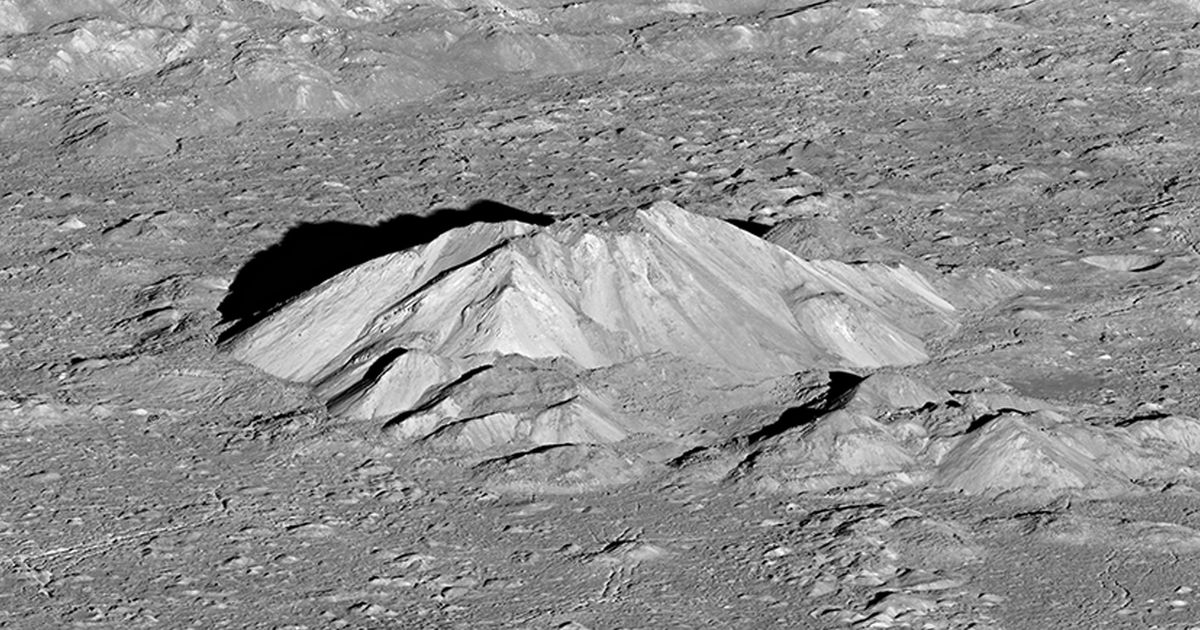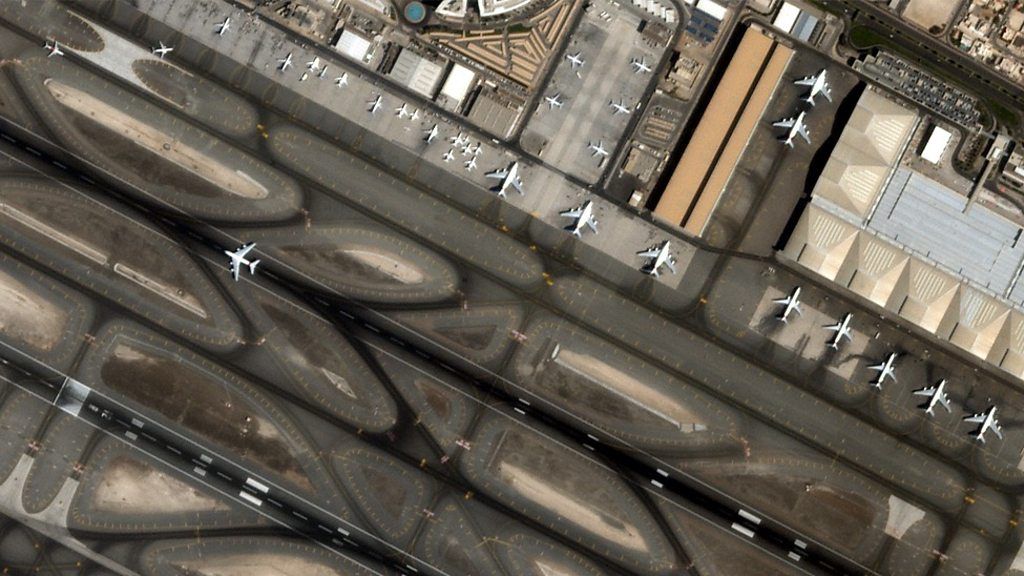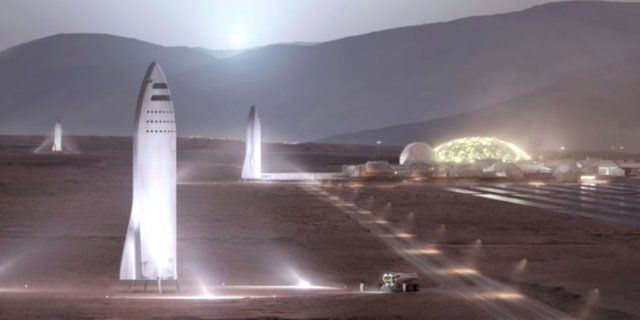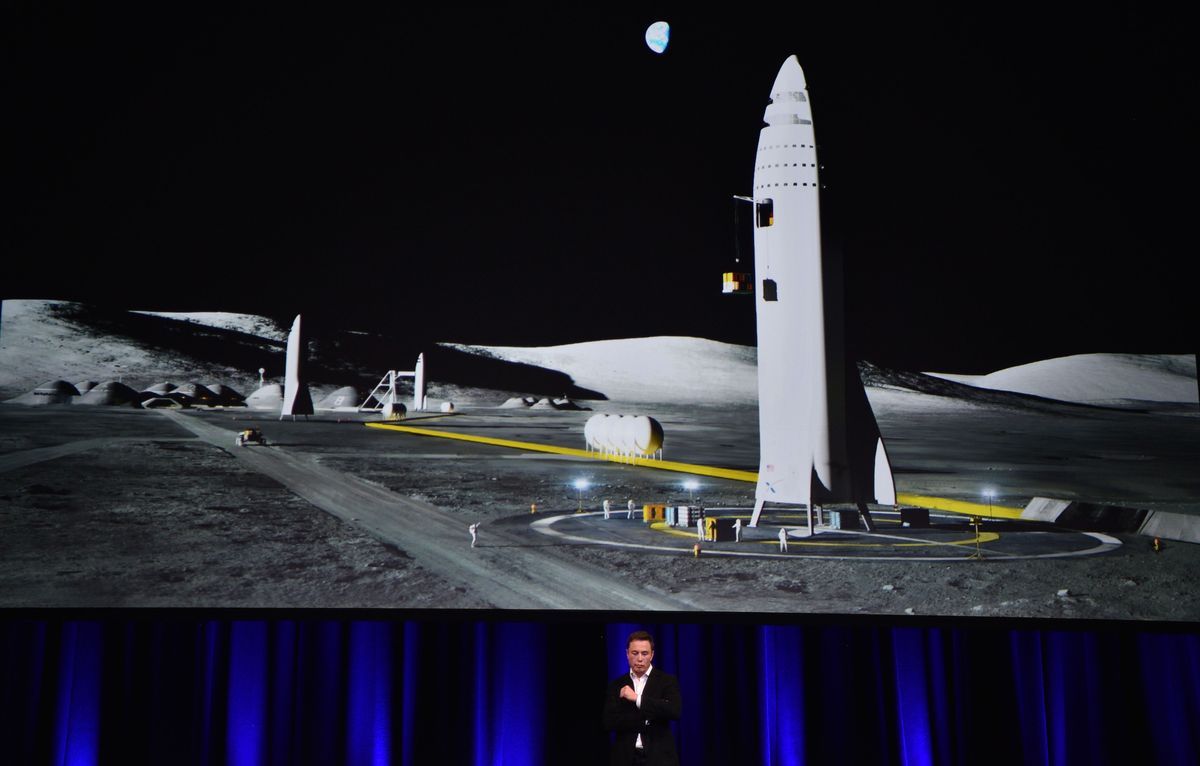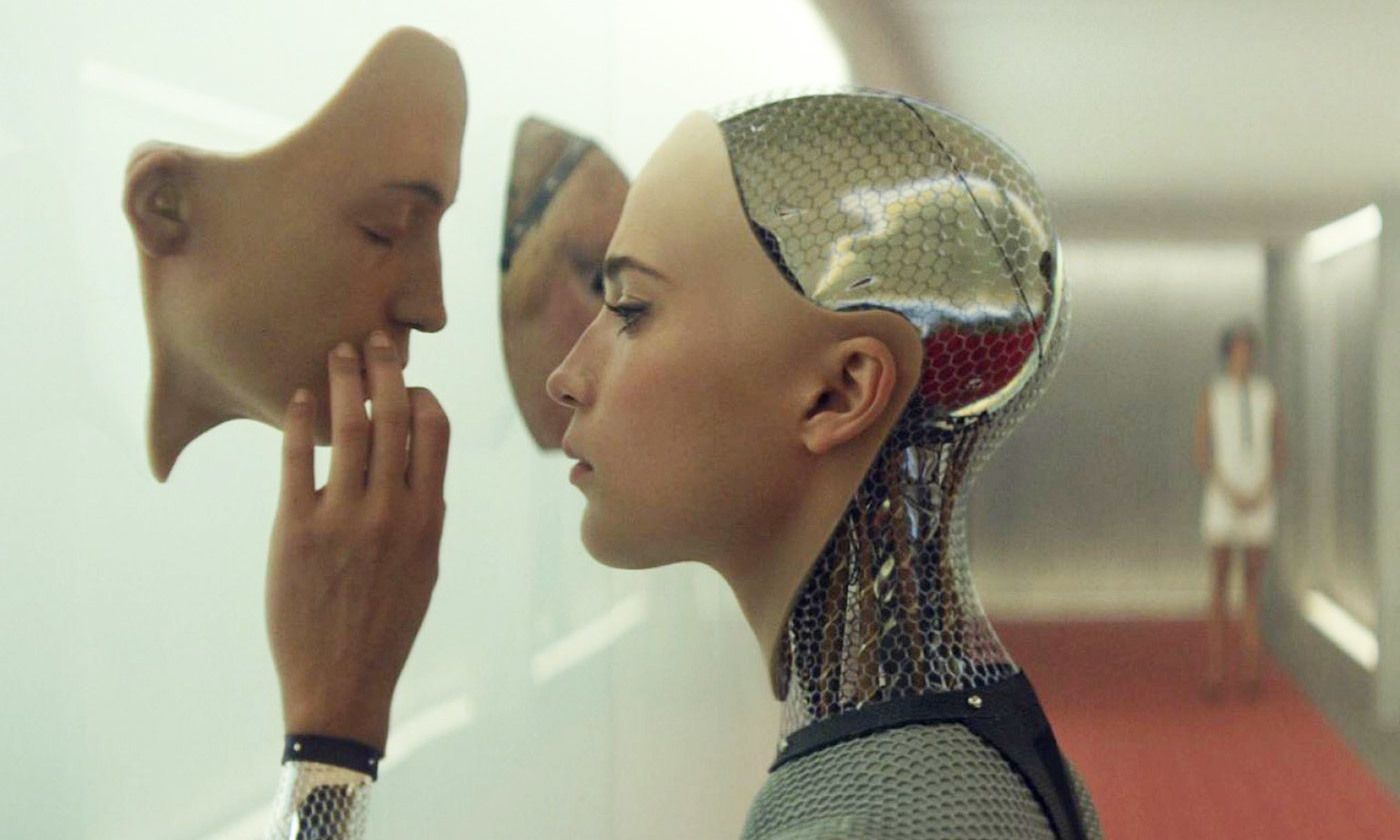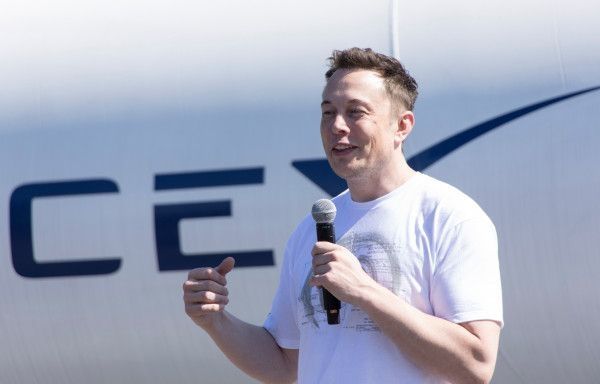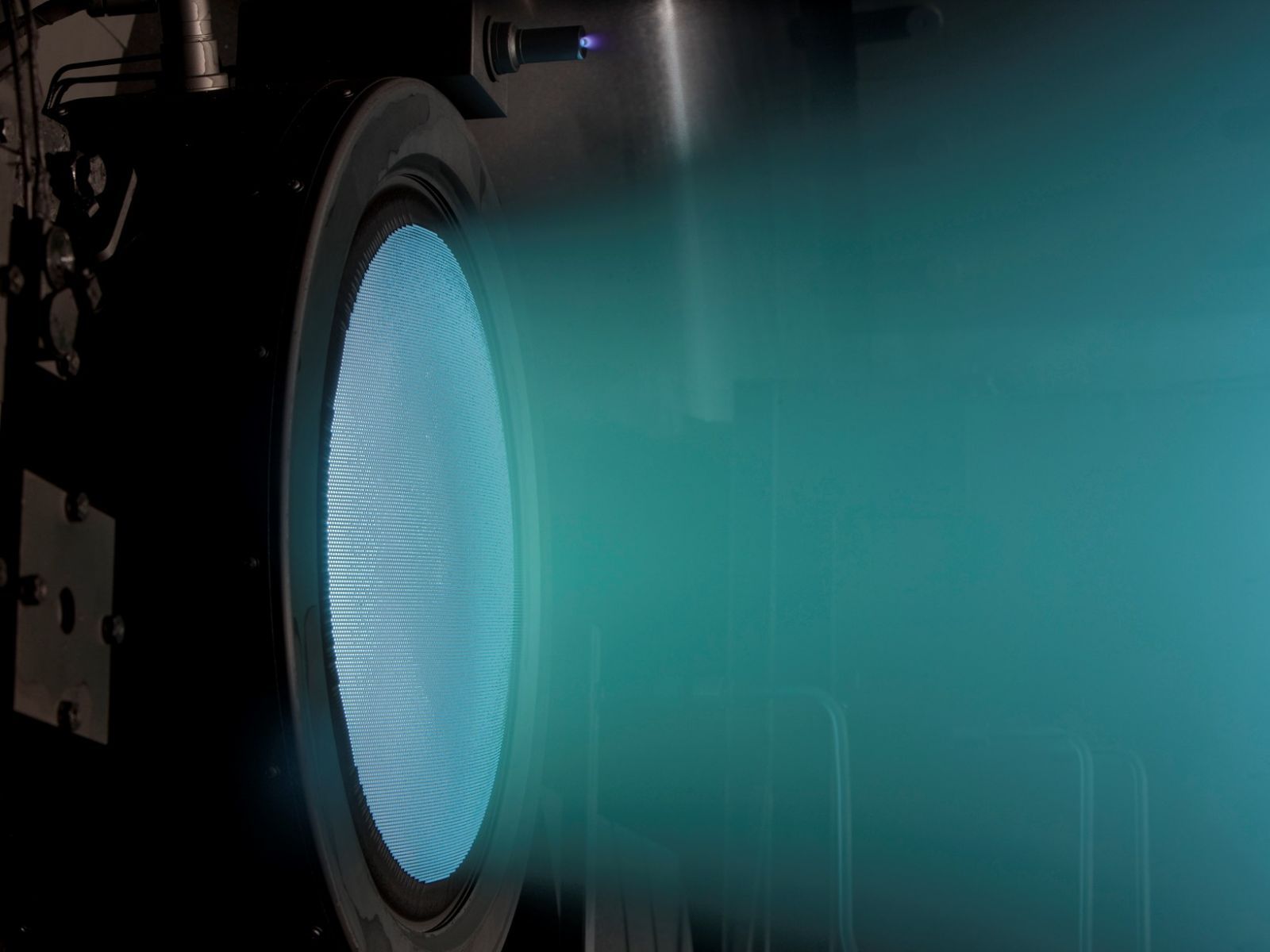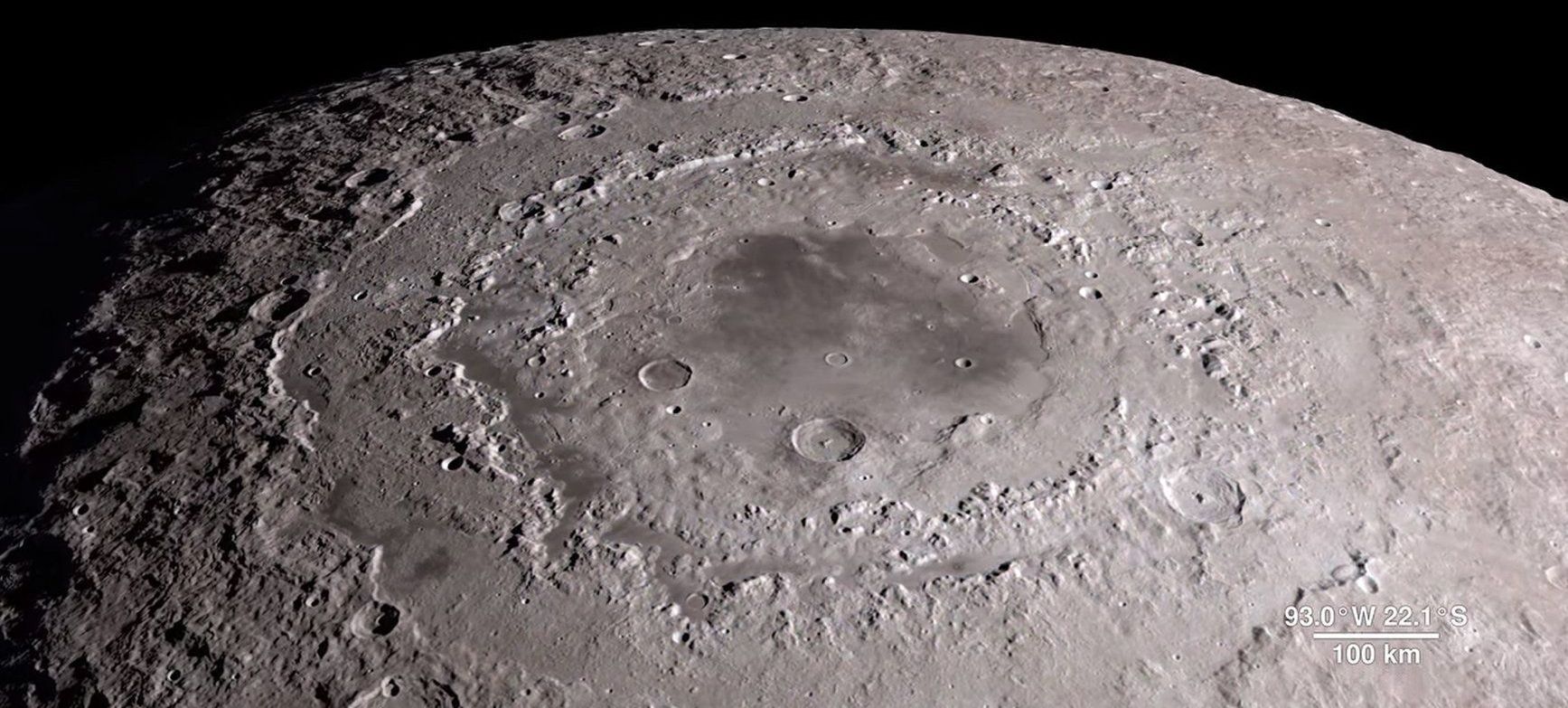Archive for the ‘space travel’ category: Page 421
Apr 19, 2018
UK satellite makes HD movies of Earth
Posted by Shailesh Prasad in categories: entertainment, space travel
The Carbonite-2 spacecraft can resolve moving cars, lorries, boats and planes from a height of 505km.
Apr 17, 2018
SpaceX just got approval to build Mars spaceships in Los Angeles from the city’s mayor
Posted by Michael Lance in category: space travel
SpaceX just got the okay to build its giant Mars spaceship in LA.
Los Angeles Mayor Eric Garcetti said on Monday that he’s officially approved SpaceX’s plan to build a Mars spaceship factory at the city’s port.
Apr 16, 2018
SpaceX Will Make Massive, Mars-Bound ‘BFR’ Rocket at L.A. Port
Posted by Genevieve Klien in categories: Elon Musk, space travel
Elon Musk’s Space Exploration Technologies Corp. will build its giant in-development rocket, nicknamed “BFR,” at the Port of Los Angeles.
Apr 16, 2018
Robot cognition requires machines that both think and feel
Posted by Marcos Than Esponda in categories: robotics/AI, space travel
Most proposals for emotion in robots involve the addition of a separate ‘emotion module’ – some sort of bolted-on affective architecture that can influence othe…r abilities such as perception and cognition. The idea would be to give the agent access to an enriched set of properties, such as the urgency of an action or the meaning of facial expressions. These properties could help to determine issues such as which visual objects should be processed first, what memories should be recollected, and which decisions will lead to better outcomes.
For more than two millennia, Western thinkers have separated emotion from cognition – emotion being the poorer sibling of the two. Cognition helps to explain the nature of space-time and sends humans to the Moon. Emotion might save the lioness in the savannah, but it also makes humans act irrationally with disconcerting frequency.
In the quest to create intelligent robots, designers tend to focus on purely rational, cognitive capacities. It’s tempting to disregard emotion entirely, or include only as much as necessary. But without emotion to help determine the personal significance of objects and actions, I doubt that true intelligence can exist – not the kind that beats human opponents at chess or the game of Go, but the sort of smarts that we humans recognise as such. Although we can refer to certain behaviours as either ‘emotional’ or ‘cognitive’, this is really a linguistic short-cut. The two can’t be teased apart.
Continue reading “Robot cognition requires machines that both think and feel” »
Apr 16, 2018
Elon Musk’s latest SpaceX idea involves a party balloon and bounce house
Posted by Genevieve Klien in categories: Elon Musk, habitats, space travel
Elon Musk took to Twitter Sunday night to announce a new recovery method for an upper stage SpaceX rocket. A balloon — a “giant party balloon” to quote him directly — will ferry part of a rocket to a bounce house. Seriously.
If anyone else proposed this idea they would be ignored, but Elon Musk lately has a way of turning crazy ideas into reality.
It was just in 2012 that SpaceX launched and landed its first rocket and now the company is doing it with rockets significantly larger. And then early this year SpaceX made a surprise announcement that it would attempt to use a high-speed boat and large net to catch part of rocket. And it worked after a failed first attempt.
Continue reading “Elon Musk’s latest SpaceX idea involves a party balloon and bounce house” »
Apr 14, 2018
NEXT-C electric propulsion engine poised for production
Posted by Genevieve Klien in categories: futurism, space travel
The NEXT-C ion propulsion engine has successfully completed a Critical Design Review conducted by NASA and is planned for use on the agency’s 2021 DART (Double Asteroid Redirection Test) mission. With the CDR finished, the next step in the process should be the production of actual flight units.
NEXT-C stands for NASA’s Evolutionary Xenon Thruster-Commercial and was developed by the space agency and commercialized by Aerojet Rocketdyne.
“Serving as the primary propulsion source for DART, NEXT-C will establish a precedent for future use of electric propulsion to enable ambitious future science missions,” said Eileen Drake, CEO and President of Aerojet Rocketdyne via a company-issued release. “Electric propulsion reduces overall mission cost without sacrificing reliability or mission success.”
Continue reading “NEXT-C electric propulsion engine poised for production” »
Apr 14, 2018
Go On A 4K Joyride Around The Moon, Courtesy of NASA
Posted by Michael Lance in category: space travel

We’re so close to getting (back) to the Moon, we can practically taste it. Let’s face it, the Moon is really cool, from it’s highlands down to its massive crater basins. Even Donald Trump is entranced, and has directed NASA to get us back there.
Well today, NASA’s got a little something to wet our whistle. Its Lunar Reconnaissance Orbiter (LRO) mission has been closely examining the Moon’s surface since June 2009, and has been beaming fascinating footage of our only natural satellite back to Earth since then.
Continue reading “Go On A 4K Joyride Around The Moon, Courtesy of NASA” »
Apr 12, 2018
This NASA Video Tour of the Moon in 4K Is Simply Breathtaking
Posted by Alberto Lao in categories: futurism, space travel
A new look at the moon via 4-k video fly-throughs from LRO data and imaging. The finale is a drop down to Taurus-Littrow to see a highly magnified image of the…Apollo 17 LM descent stage. Stunning! #NASA #Apollo #LunarReconnaissanceOrbiter #moon https://www.space.com/40274-nasa-moon-in-4k-video-tour.html…
Images from NASA’s Lunar Reconnaissance Orbiter (LRO) are not only helping planners with future human missions to the moon, but they are also revealing new information about the moon’s evolution and structure.
A new NASA video, posted on YouTube, features more than half a dozen locations of interest in stunning 4K resolution, much of it courtesy of LRO data. NASA also highlighted the individual sites in a Tumblr post that delves deeper into their geology, morphology and significance.
Continue reading “This NASA Video Tour of the Moon in 4K Is Simply Breathtaking” »
Apr 12, 2018
Russia planning manned spaceflight to moon: Putin
Posted by Genevieve Klien in categories: economics, space travel
Russia is actively implementing a lunar program through 2030, aiming to send astronauts to the moon, President Vladimir Putin said Thursday, Russia’s Cosmonautics Day.
![Russia's President Vladimir Putin (L front) visits the renovated Cosmos pavilion of the VDNKh exhibition centre. [Photo: IC]](https://lifeboat.com/blog.images/russia-planning-manned-spaceflight-to-moon-putin2.jpg)
Putin said “yes” to the question “We are going to fly to the moon, right?” when he visited the Space Pavilion at the all-Russian Center of Achievements of the National Economy, according to the Kremlin.
